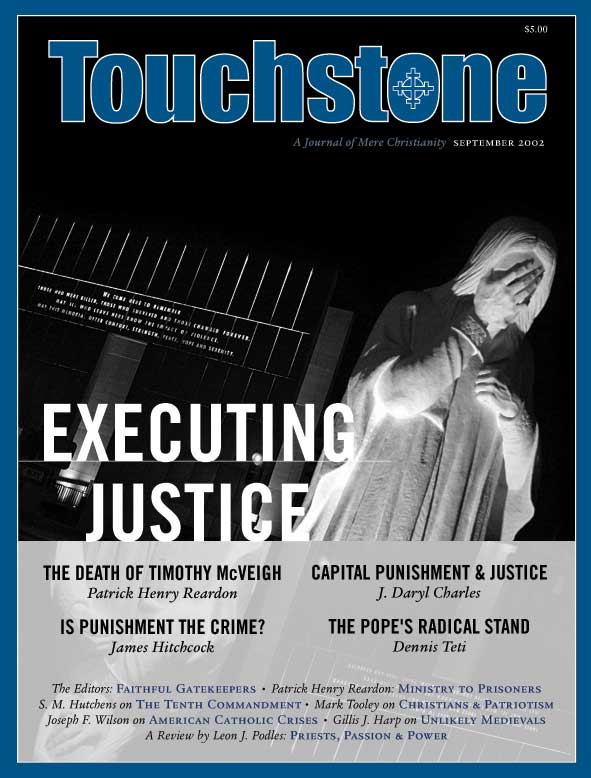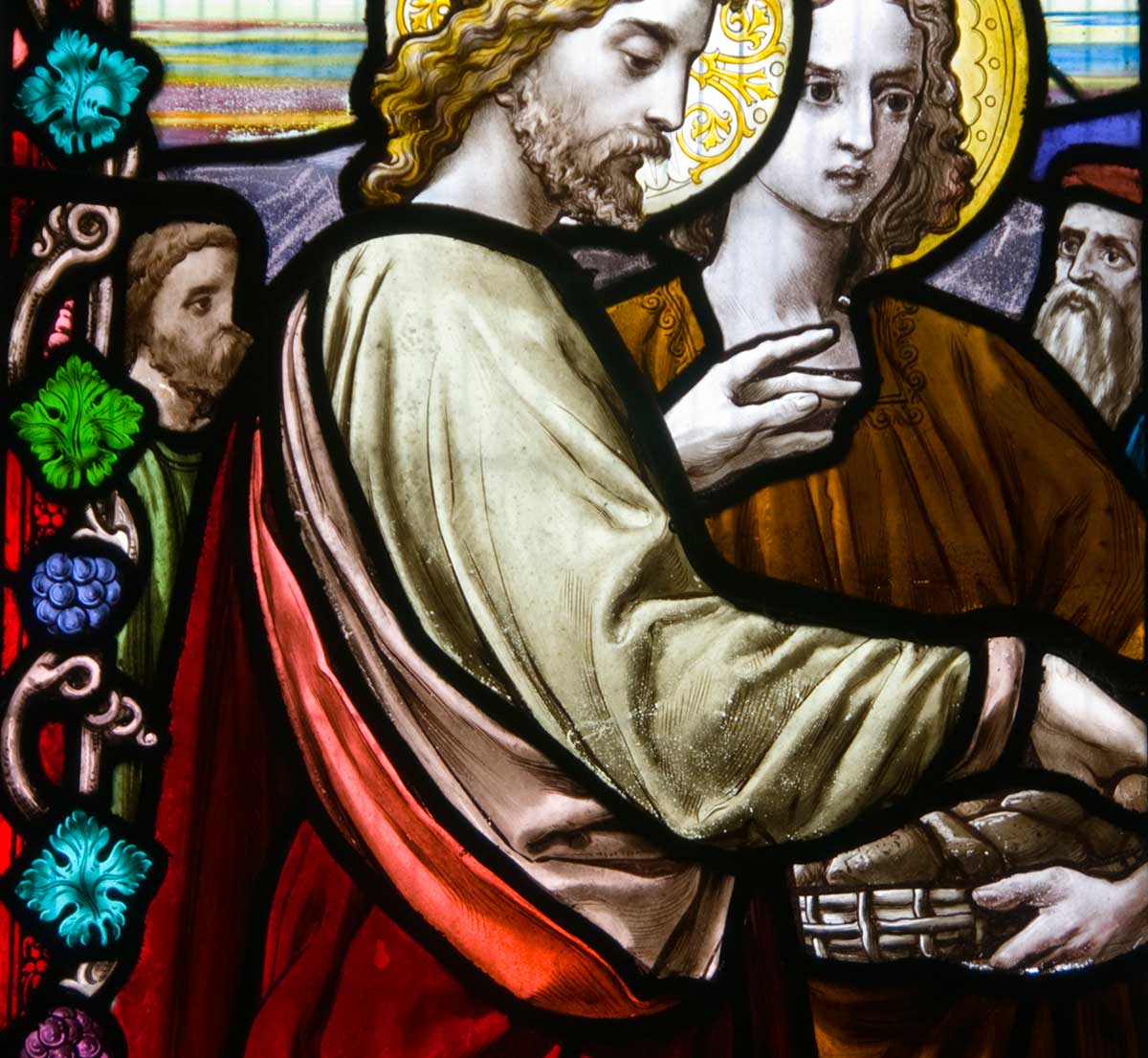The Sign of Jonah
The Book of Jonah is a story full of irony, a characteristic that marks both the person of the prophet and his career. Commanded by the Lord to preach repentance to the Ninevites, he proceeds in the opposite direction, boarding a ship at the port of Joppa, headed to Tarshish (Cadiz) at the other end of the Mediterranean Sea. While some biblical prophets showed themselves reluctant to comply with their call, Jonah seems to be the only one whose reluctance was inspired by the fear of being successful! It is an important feature of this story that Jonah did not want the Ninevites to be converted; he wanted them justly punished, not spared. The original account of Jonah’s call does not tell us this fact; we learn it only at the end of the book: “Ah, Lord, was not this what I said when I was still in my country? Therefore I fled previously to Tarshish; for I know that You are a gracious and merciful God, slow to anger and abundant in loving-kindness. One who relents from doing harm” (4:2).
Then, in his flight, Jonah discovers another paradox of the Lord’s mercy, its capacity for bringing good out of evil. Thus, the prophet’s very infidelity to God’s call is turned into the means by which the pagan sailors come to know and worship the true God (1:16). Thus, Jonah’s prophetic ministry, precisely because of his attempted disobedience to it, is enhanced by the conversion of two sets of people.
Next, because of Jonah’s disobedience, God shifts to what may be called “Plan W” in his project to save the Ninevites. A great whale or sea monster swallows the prophet, but then, in the belly of this beast, Jonah proceeds to sing a hymn of praise for God’s salvation (2:9). This too is paradoxical, because the salvation celebrated in this book is manifold. It is God’s twofold liberation of Jonah, both the deliverance from his own infidelity by the sending of the whale and his coming rescue from the whale itself; it is the Lord’s care for the pagan sailors; and, finally, it is the mercy shown to the Ninevites.
THIS ARTICLE ONLY AVAILABLE TO SUBSCRIBERS.
FOR QUICK ACCESS:
Patrick Henry Reardon is pastor emeritus of All Saints Antiochian Orthodox Church in Chicago, Illinois, and the author of numerous books, including, most recently, Out of Step with God: Orthodox Christian Reflections on the Book of Numbers (Ancient Faith Publishing, 2019).
subscription options
Order
Print/Online Subscription

Get six issues (one year) of Touchstone PLUS full online access including pdf downloads for only $39.95. That's only $3.34 per month!
Order
Online Only
Subscription

Get a one-year full-access subscription to the Touchstone online archives for only $19.95. That's only $1.66 per month!
bulk subscriptions
Order Touchstone subscriptions in bulk and save $10 per sub! Each subscription includes 6 issues of Touchstone plus full online access to touchstonemag.com—including archives, videos, and pdf downloads of recent issues for only $29.95 each! Great for churches or study groups.
Transactions will be processed on a secure server.
more from the online archives

11.5—September/October 1998
Speaking the Truths Only the Imagination May Grasp
An Essay on Myth & 'Real Life' by Stratford Caldecott
calling all readers
Please Donate
"There are magazines worth reading but few worth saving . . . Touchstone is just such a magazine."
—Alice von Hildebrand
"Here we do not concede one square millimeter of territory to falsehood, folly, contemporary sentimentality, or fashion. We speak the truth, and let God be our judge. . . . Touchstone is the one committedly Christian conservative journal."
—Anthony Esolen, Touchstone senior editor








